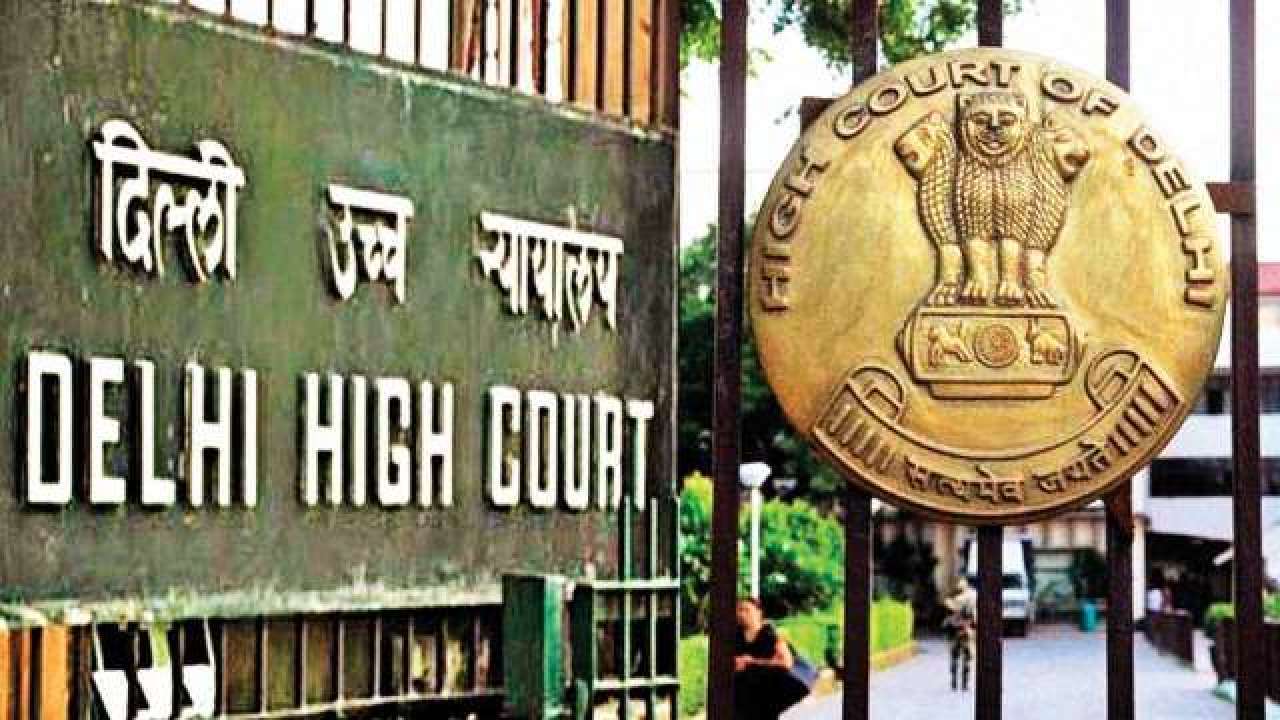Recently, Lawyer Prashant Reddy T has filed a petition with the Delhi High Court under the 2005 Right to Information Act seeking the disclosure of various information regarding the Central Government’s funding, procurement, and purchase of COVID-19 vaccines.
“These disclosures are key to assure the public that the purchase orders were based on sound commercial principles and to achieve a maximum effect – i.e., procuring and delivering safe and effective COVID- 19 vaccines on a war footing,” the plea states while adding that the refusal to provide the abovementioned information denies the right of the public to know about the basic terms of the partnership, especially those relating to the responsibilities of contracting entities, important milestones, timelines, vaccine pricing, warranties, and immunities.
The pleas challenge the orders passed by the Central Information Commission (CIC) upholding the non-disclosure of the information regarding the purchase orders for COVID-19 vaccines, providing a copy of the collaboration agreement entered with Bharat Biotech and the breakup of costs and investments relating to COVAXIN, providing a copy of funding agreements entered with Gennova and Bharat Biotech as well as the total amount of funds that have been disbursed so far.
As per the petitioner, the CIC failed to follow the settled norms on transparency related to public procurement, and the orders permitting exemption under Section 8(1)(d) of the Right to Information Act are bad in law. Section 8(1)(d) of the RTI Act exempts disclosure of information pertaining to commercial confidence, trade secrets or intellectual property etc.
“The commission failed to appreciate that the yardstick to assess the commercial sensitivity of an agreement involving public authority significantly differs from routine private and commercial agreements. A failure to treat them differently would allow public authorities to exclude any and every public-private agreement and defeat the purpose behind the RTI Act i.e., maximum disclosure, minimum exemption,” the petition states.
As per the Center Public Information Officers (CPIOs), disclosure of the said information were exempted under sections 8(1)(a) and 8(1)(d) of the RTI Act.
The case will be heard on January 9 as listed by Justice Prathiba M. Singh, who termed the case an important one. The judge, however, declined to issue notice on the pleas.
“We will take it up on re-opening (after vacation)… I will have to consider this because it is an important matter. I am just re-notifying it. Let intimation be given to other respondents. I am not issuing notice,” the judge said.














